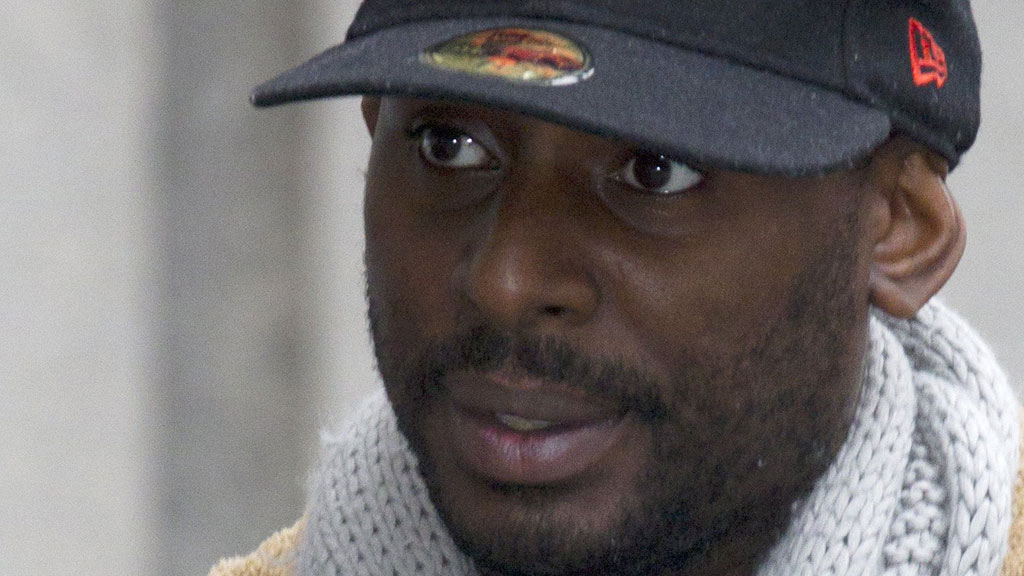Stephen Lawrence’s brother lodges racism complaint
The brother of Stephen Lawrence has lodged a complaint against the Metropolitan police claiming that he was stopped up to 25 times because of his skin colour.

Stuart Lawrence, 35, alleges he was repeatedly targeted by police as part of a sustained campaign of harassment.
The complaint, sent in a letter to the new Metropolitan Police Commissioner Bernard Hogan-Howe, highlights a series of incidents in what he told a newspaper was down to “no other reason, apart from racism”.
Mr Lawrence told the Daily Mail that he felt “angry and frustrated” and thought there had been little progress in the way police deal with black people. The teacher, 35, said he had been repeatedly pulled over in his car over many years for “no apparent reason and without any justification”.
“Whenever I have been stopped, I have never subsequently been charged with anything, and nothing has ever been found to be wrong with my car.
“I have never, ever, done anything wrong. I have never been in trouble with the law. I have paid my road tax and my insurance, and always tried to keep my cars in a roadworthy state.”
He said he was finally prompted to act after he was pulled over by two officers last October while sitting in his VW Sirocco near his home in Peckham, South London. When he asked why he was stopped, one officer said the pair were “naturally suspicious” of him.
Mr Lawrence’s lawyer, Imran Khan, described that incident as “the straw that broke the camel’s back”. “That was the culmination of a course of conduct over many years which amounted to harassment and discrimination based upon his skin colour, his ethnic origin.”
Scotland Yard described the letter, which names the two officers involved in the latest incident, as “a very serious matter” and promised to investigate “thoroughly and speedily”. It is expected to refer the case to the Independent Police Complaints Commission.
The incident has reopened wounds of the Macpherson inquiry into the death of Stuart’s brother, Stephen Lawrence, who was murdered in a racist attack in 1993. The original investigation into the death failed to solve the case and was dogged by allegations of corruption and racism. It later concluded the Metropolitan Police was “institutionally racist” and only two of the killers have since been convicted.
Yesterday Stuart Lawrence said: “A lot of recommendations were made by the Macpherson Inquiry but it seems that it hasn’t made much difference.”
Stop and search controversy
Yet to many the timing has come as something of a surprise. This time last year Scotland Yard aimed to halve stop and searches in a bid to improve relations with the black community. Recent legislation under section 47a of the Terrorism Act 2000 came into effect in March 2011, as a replacement for a previous stop and search powers that were condemned as too random and struck down by the courts. While recent figures suggest that arrests for suspected offences rose by 60 per cent in 2012, but that a new stop and search power granted to officers was not used once.
James Welch, legal director for human rights group Liberty, said: “The police maintain that stop and search is an important tool in their armoury. But they seem incapable of exercising the power in a non-discriminatory way. “That will leave many questioning whether they should have the power of stop and search at all.”
A Metropolitan Police spokesman said: “Stop and search is an important tool to combat crime and is supported by the community if it is used professionally and fairly. Officers are accountable for their actions and it is therefore essential complaints such as these are fully investigated.” He added that “strong action” would be taken against any officers that “are found to have acted in a racist manner”.